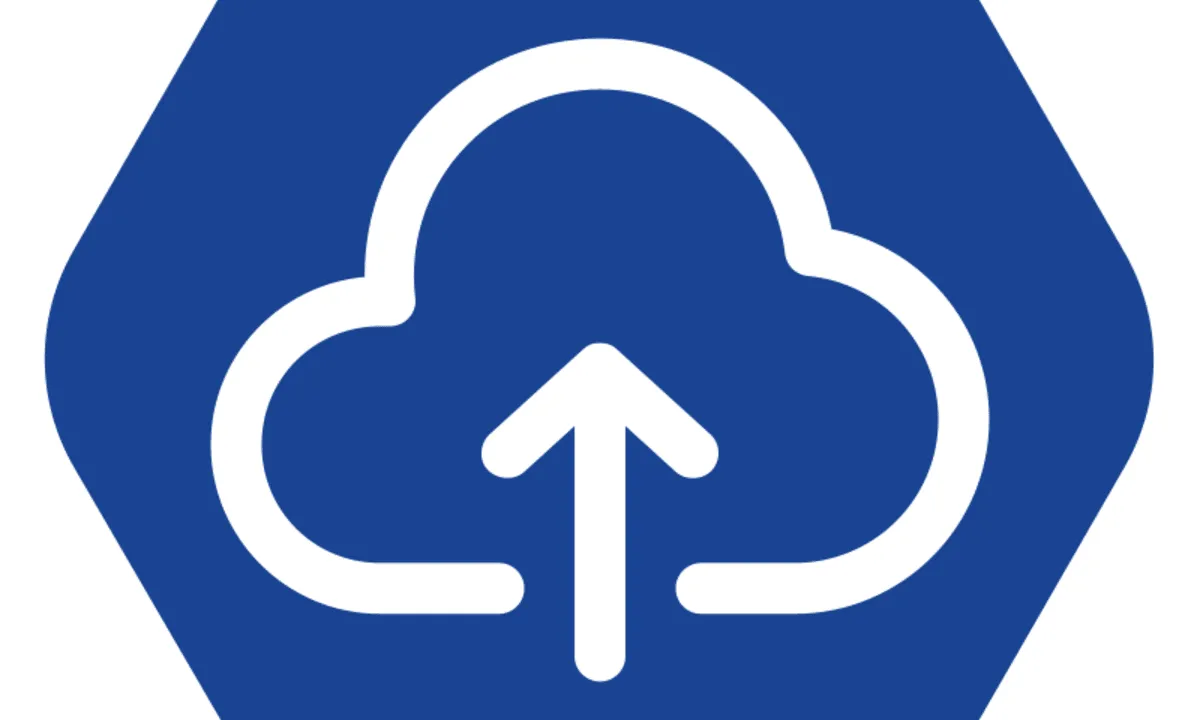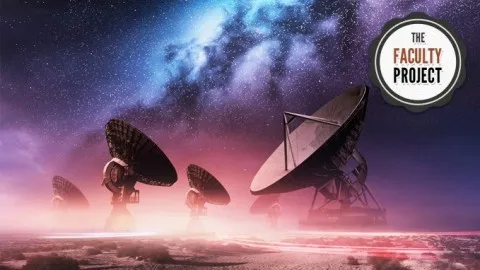
Azure Infrastructure Fundamentals 
This course provides an introduction to Microsoft Azure Infrastructure, covering the fundamentals of cloud computing, SaaS, PaaS, and IaaS. It covers the various programming languages and frameworks available, and how to use them in a multi-vendor cloud environment. ▼
ADVERTISEMENT
Course Feature
![]() Cost:
Cost:
Free
![]() Provider:
Provider:
Coursera
![]() Certificate:
Certificate:
Paid Certification
![]() Language:
Language:
English
![]() Start Date:
Start Date:
24th Jul, 2023
Course Overview
❗The content presented here is sourced directly from Coursera platform. For comprehensive course details, including enrollment information, simply click on the 'Go to class' link on our website.
Updated in [March 20th, 2023]
Azure Infrastructure Fundamentals is a course designed to provide an overview of the fundamentals of Microsoft Azure. It covers topics such as understanding the subscription, configuring security, acquiring storage, building virtual machines and VNETS, and creating highly available and resilient environments. Additionally, the course covers data backup to the cloud for safety. By the end of the course, students will have a comprehensive understanding of the fundamentals of Azure Infrastructure.
[Applications]
Upon completion of this course, learners should be able to apply the knowledge gained to create and manage Azure Infrastructure. This includes creating virtual machines, configuring security, and acquiring storage. Learners should also be able to understand the concepts of high availability and resilience, as well as how to back up data to the cloud. Additionally, learners should be able to use the Azure platform to create and manage applications and services using a cloud environment.
[Career Paths]
1. Azure Infrastructure Engineer: Azure Infrastructure Engineers are responsible for designing, deploying, and managing cloud-based solutions using Microsoft Azure. They must have a deep understanding of the Azure platform and be able to configure and deploy services such as virtual machines, storage, networking, and security. Developing trends in this field include the use of automation and DevOps tools to streamline the deployment and management of cloud-based solutions.
2. Azure Solutions Architect: Azure Solutions Architects are responsible for designing and implementing cloud-based solutions using Microsoft Azure. They must have a deep understanding of the Azure platform and be able to design and implement solutions that meet customer requirements. Developing trends in this field include the use of automation and DevOps tools to streamline the deployment and management of cloud-based solutions.
3. Azure DevOps Engineer: Azure DevOps Engineers are responsible for designing, deploying, and managing cloud-based solutions using Microsoft Azure. They must have a deep understanding of the Azure platform and be able to configure and deploy services such as virtual machines, storage, networking, and security. Developing trends in this field include the use of automation and DevOps tools to streamline the deployment and management of cloud-based solutions.
4. Azure Data Scientist: Azure Data Scientists are responsible for designing, deploying, and managing data-driven solutions using Microsoft Azure. They must have a deep understanding of the Azure platform and be able to configure and deploy services such as machine learning, data analytics, and artificial intelligence. Developing trends in this field include the use of automation and DevOps tools to streamline the deployment and management of data-driven solutions.
[Education Paths]
1. Bachelor of Science in Computer Science: This degree path focuses on the fundamentals of computer science, including programming, software engineering, and computer architecture. It also covers topics such as artificial intelligence, machine learning, and data science. This degree is becoming increasingly popular as the demand for skilled computer scientists continues to grow.
2. Bachelor of Science in Information Technology: This degree path focuses on the application of technology to solve business problems. It covers topics such as systems analysis, database design, network security, and software development. This degree is becoming increasingly popular as businesses rely more and more on technology to stay competitive.
3. Master of Science in Cloud Computing: This degree path focuses on the fundamentals of cloud computing, including cloud architecture, cloud security, and cloud storage. It also covers topics such as cloud orchestration, cloud automation, and cloud analytics. This degree is becoming increasingly popular as businesses move more of their operations to the cloud.
4. Master of Science in Artificial Intelligence: This degree path focuses on the fundamentals of artificial intelligence, including machine learning, natural language processing, and computer vision. It also covers topics such as robotics, autonomous systems, and deep learning. This degree is becoming increasingly popular as businesses look to leverage AI to gain a competitive edge.
Pros & Cons

Good practical and functional knowledge of the Azure subject.

Helped to understand Azure deeper.

Challenging course.

Ambiguous answers in final exam.

Poor labs and typos in quizzes.

Final exam questions not covered in lessons.
Course Provider

Provider Coursera's Stats at AZClass
Discussion and Reviews
0.0 (Based on 0 reviews)
Explore Similar Online Courses

Free Astronomy Tutorial - Astronomy - State of the Art

Understand Mental Illness

Python for Informatics: Exploring Information

Social Network Analysis

Introduction to Systematic Review and Meta-Analysis

The Analytics Edge

DCO042 - Python For Informatics

Causal Diagrams: Draw Your Assumptions Before Your Conclusions

Whole genome sequencing of bacterial genomes - tools and applications

Microsoft Azure Online Data Engineering Training

Cloud Developer using Microsoft Azure

Microsoft Azure Certification
 Related Categories
Related Categories
Quiz
 Submitted Sucessfully
Submitted Sucessfully
1. What type of service does Azure provide?
2. What is the primary focus of this course?
3. Which of the following is a concept discussed in this course?


Start your review of Azure Infrastructure Fundamentals